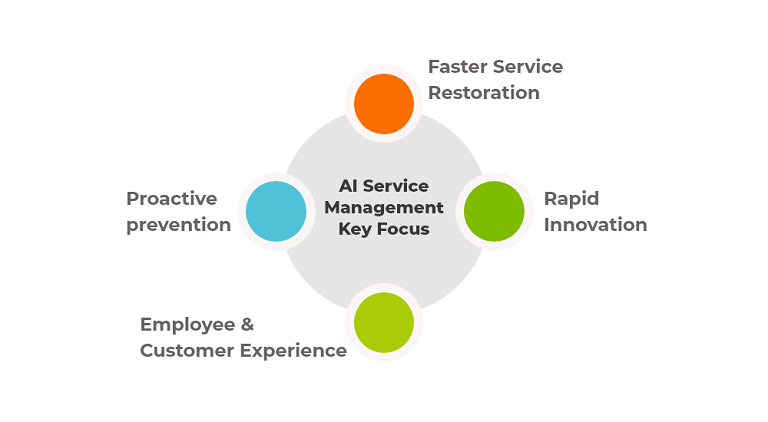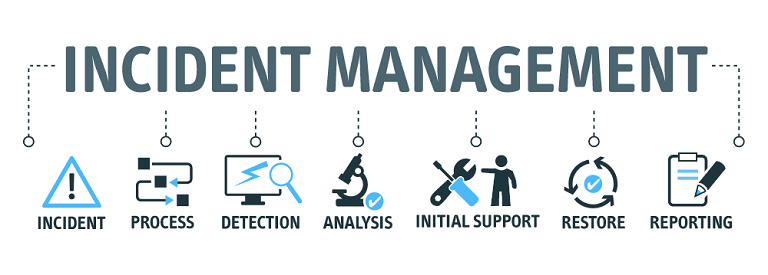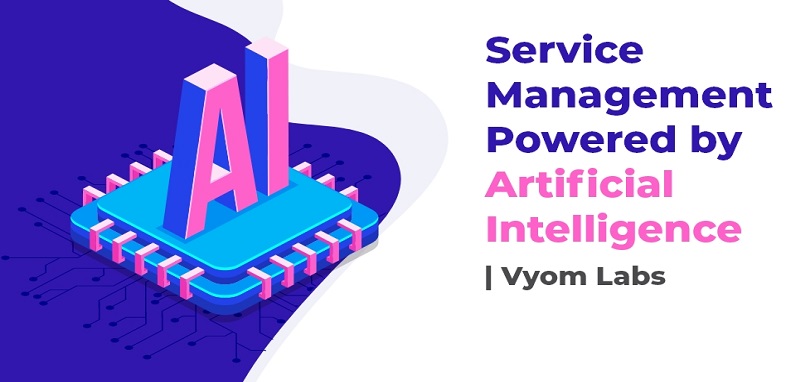IT Service Management is one of the top priorities of virtually leading business that is heading toward becoming Autonomous Digital Enterprise. This demands constant innovation and the adoption of agile and effective strategies to operate while providing an exceptional customer experience. According to research conducted by IDC [1], enterprises will be expected to deliver more services than they did in the last 40 years. So to scale your business to meet the growing demands, it is vital to harness the potential of AI.
The prospect of investing a significant sum into AI seems like a blind leap of faith at first. And to address that Forrester researched to gauge the costs and benefits. And the results were surprising.
The financial analysis of Forrester found that by adopting AI and automation in ITSM tools like the BMC Helix, the return on investment was found to be 361%.
AI-Powered Service Management – The centerpiece of a bigger puzzle

AI-powered service management is filling in some of the most significant gaps present in the traditional ITSM approaches and methodologies. As compared to a more reactive approach of conventional ITSM, with AI involved, we can aim towards a predictive, preventive, and proactive approach. That enables your IT teams to focus on innovation, employee experience, and rapid service restoration.
Addressing the elephant in the room with AI-powered Service Management
To deliver standard-setting delivery of services, the key is to eliminate the dependencies and serial processes. And the first step toward solving a problem is knowing that there is a problem in the first place. Traditional ITSM presents us with the following challenges.
- The traditional approach is reactive which means that teams resort to knowledge base articles, more experienced staff, or even make educated guesses to identify and analyze the problem.
- The conventional approach falls short on the scalability front.
- With insufficient time to perform the root cause analysis of the problem, chances are quite high of your teams temporarily restoring services caused by the same problem multiple times.
A smoother, faster, and smarter way forward

Providing the best possible CX & EX needs immaculate execution of the operational strategy. And to do that, the AI makes use of automation to harvest every ounce of value from the tech infrastructure and make the most out of the strategy. Initiating such a transition could be a daunting proposition, so here are some great places to start.
1. Service Automation
With the right tools and tech, automation can work wonders. You can use automation to tackle complex processes as well.
- With enough historic data, it is possible to identify patterns in aggregate data.
- Faster & improved self-service.
- Significantly reduced investigation time & MTTR.
2. Managing core enterprise services
A growing enterprise thrives on best practices. That is where the concept of enterprise service management or ESM comes into the picture. It refers to the application of all the aspects of ITSM to help improve other processes. And with AI and ML, it is possible to get quicker ROI, increased productivity, minimal wastage of resources, significantly enhanced visibility & control along with increased user satisfaction.
3. Improved DevOps
AI and ML can be utilized in advanced analytics to detect anomalies, automated deployment, and optimized service quality using predictive analysis. That allows for faster innovation and helps your enterprise gain a competitive edge over others.
Conclusion
It is evident that the applications of AI and ML are only going to go up in the upcoming years. Innovation and digital transformation are at a staggering pace. With AI-powered ITSM, businesses can get the maximum value out of their digital strategies, data, and technological infrastructure to provide the best possible experience to employees and customers. In the grand scheme of things, it’s a win-win situation for everyone.
About the Author:
 Prashant Deshpande
Prashant Deshpande
Executive Vice President
Prashant heads global delivery of Vyom Labs consisting of various practice units such as BMC and ServiceRize. Prashant has illustrious career over thirty years in information technology and has served at senior executive levels with global companies such as: IBM, BMC, Veritas and Citibank.
Prashant has built, scaled and managed various IT, professional services & product development/support organizations.
His technical expertise is in IT infrastructure management, automation and managed services. He is passionate about business transformation using cognitive technologies such as AI and machine learning.
